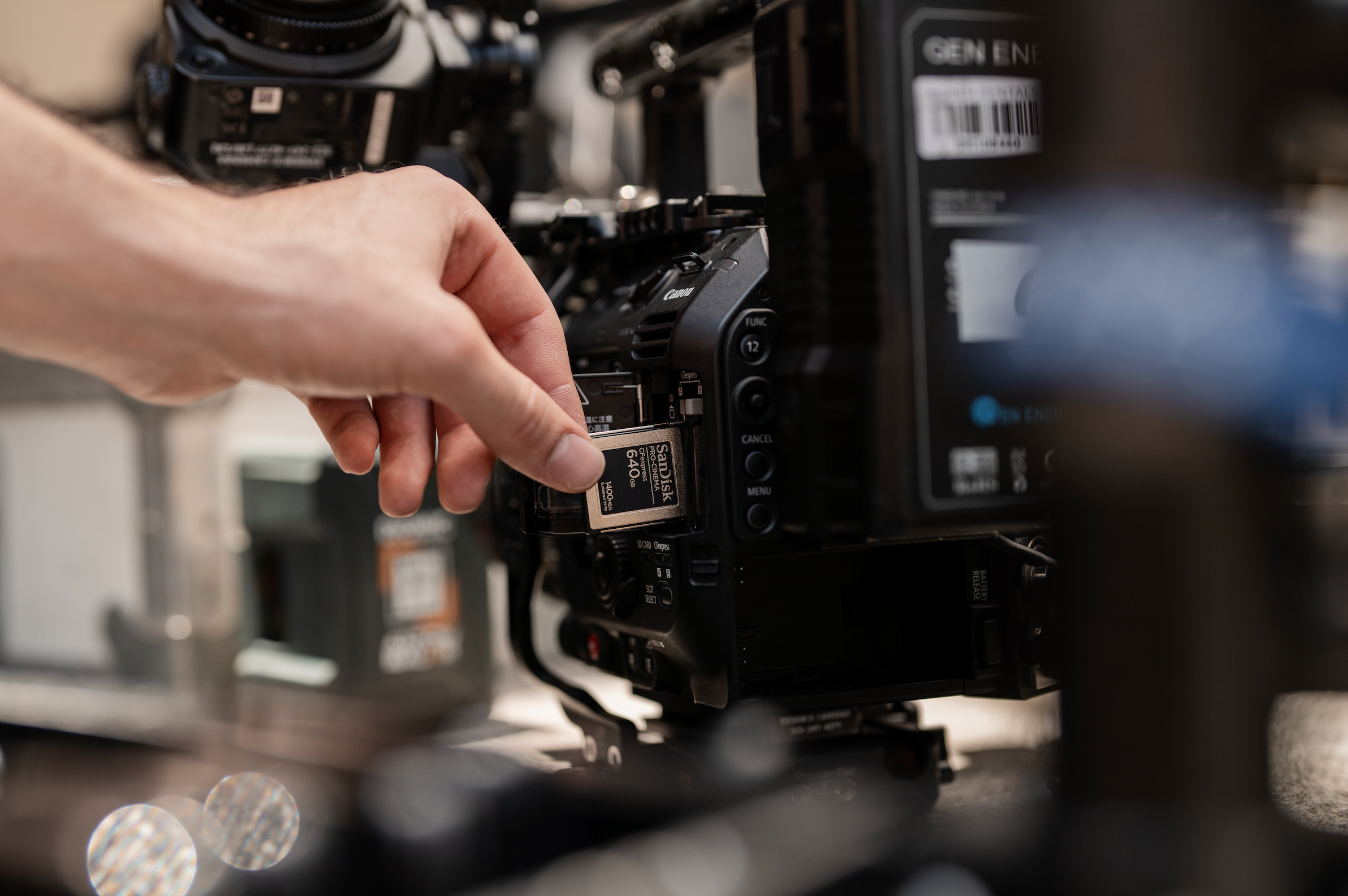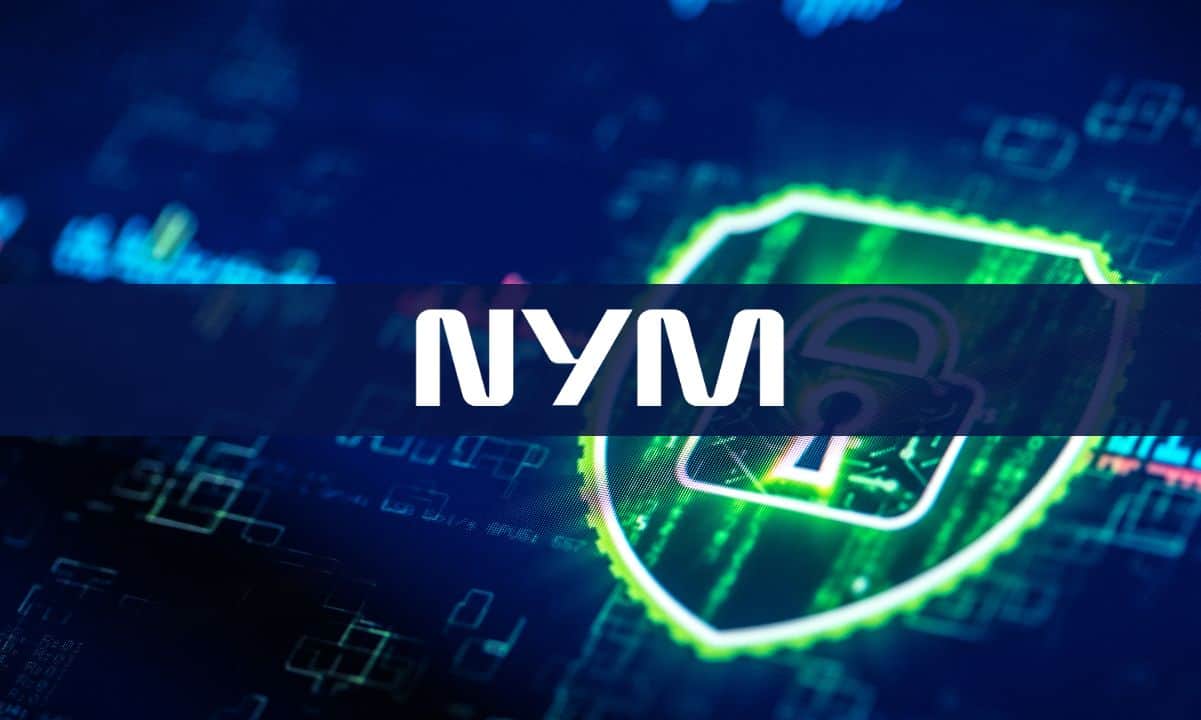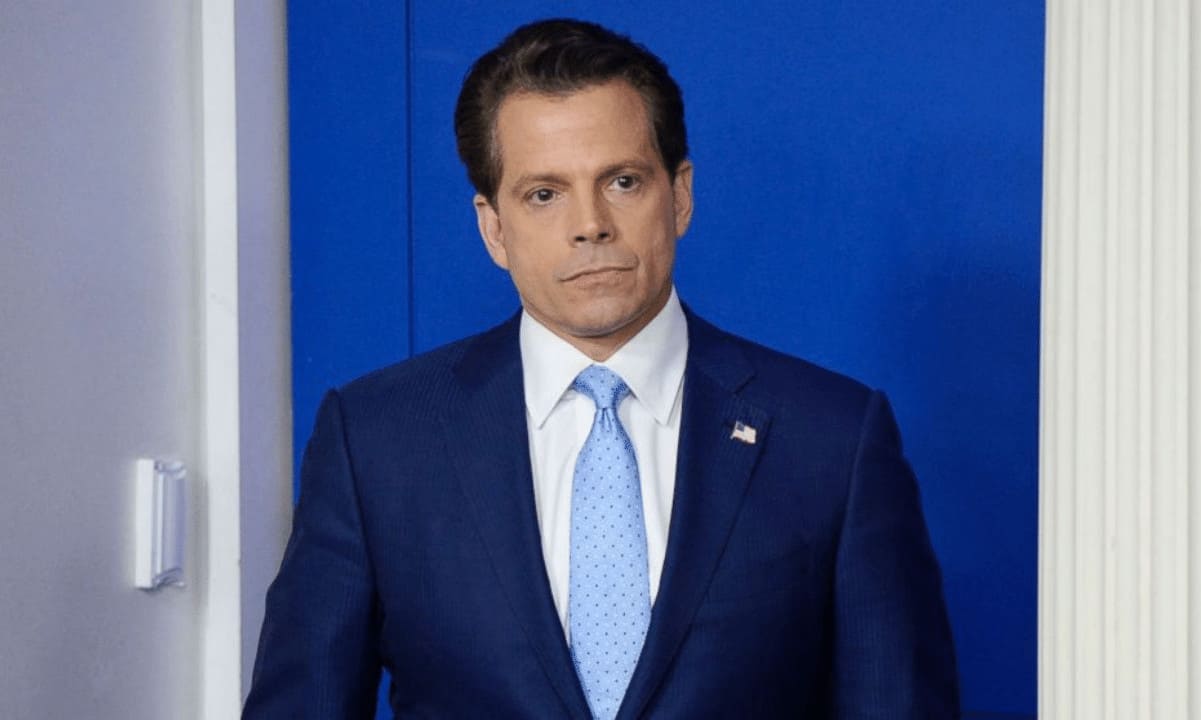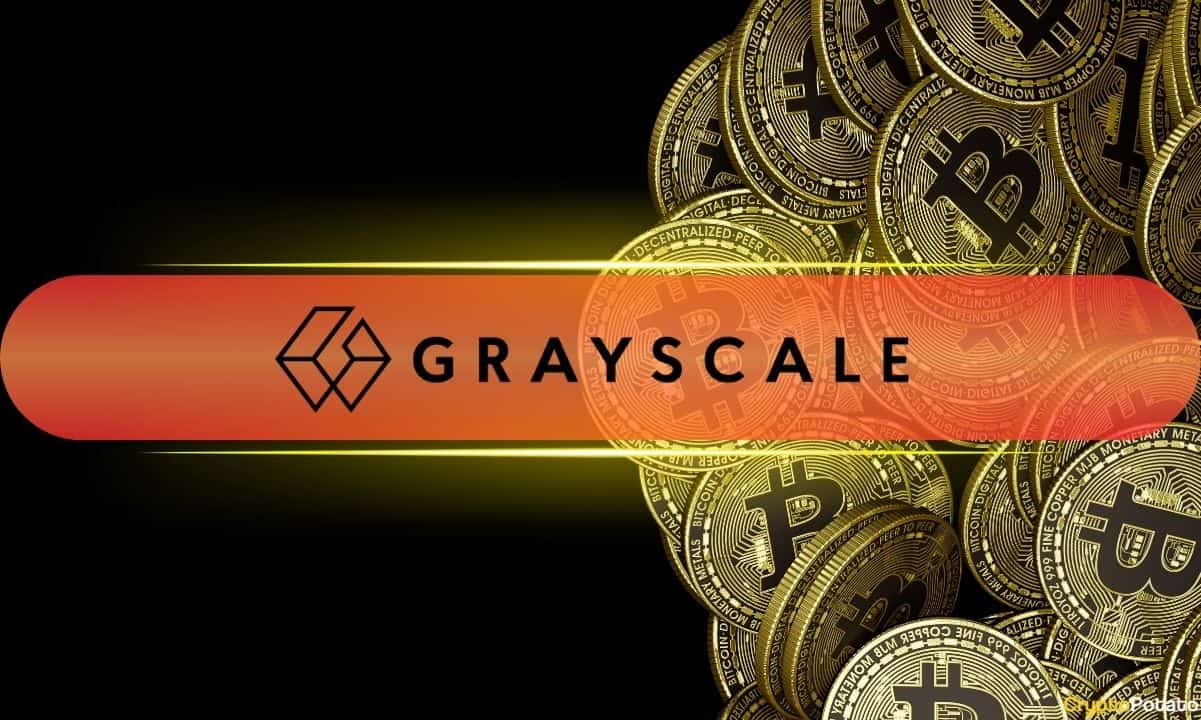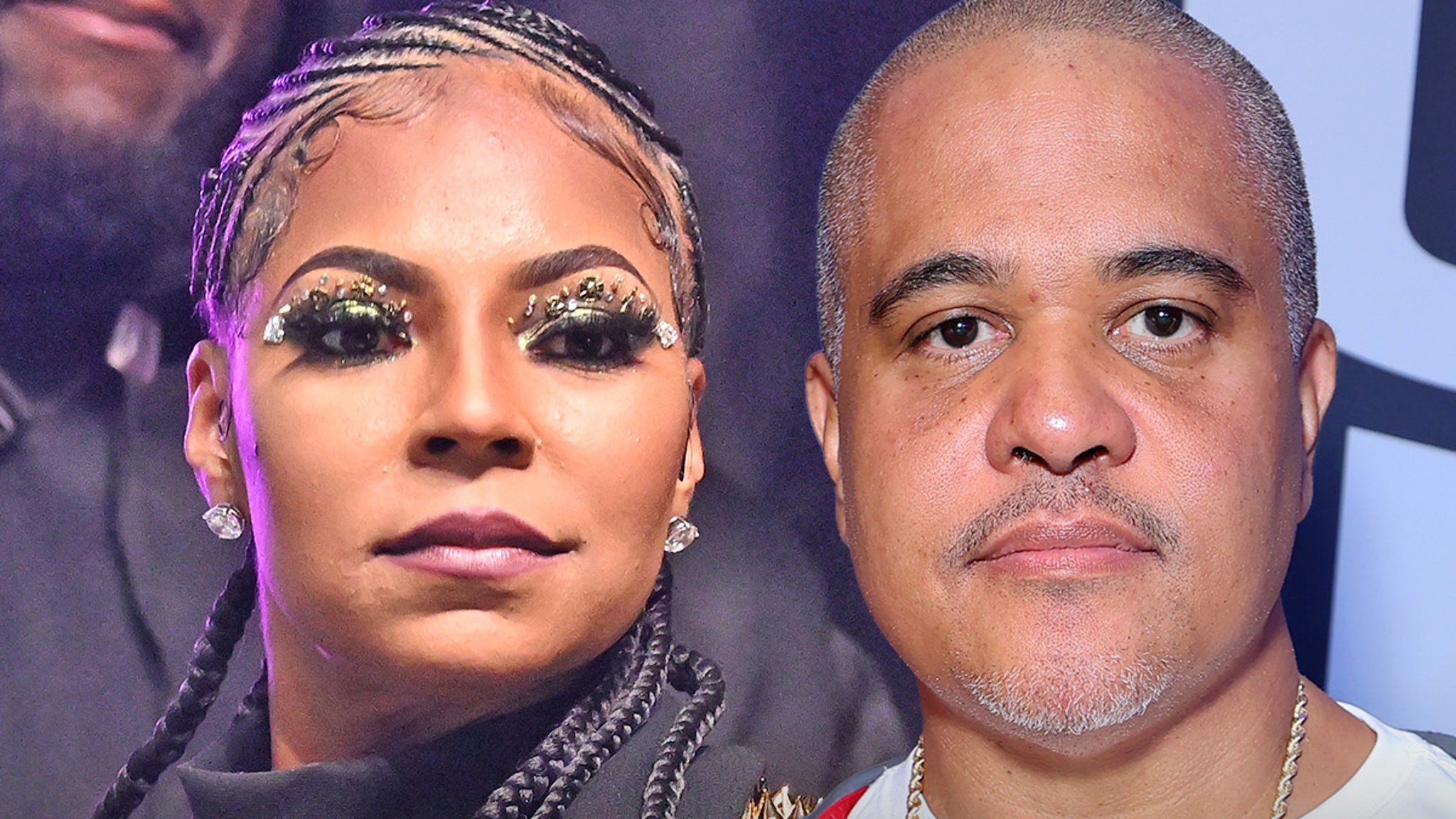OpenAI Countersues Elon Musk, Alleges Attempted Hostile Takeover

TLDR
- OpenAI has filed a countersuit against Elon Musk, accusing him of attempted hostile takeover
- Internal emails allegedly show Musk pushed for OpenAI to become for-profit with him as CEO
- OpenAI is seeking damages and an injunction to prevent Musk’s “harassment and disruption”
- Musk previously sued OpenAI in March over its transition to a capped-profit structure
- OpenAI recently raised $40 billion, valuing the company at $300 billion compared to Musk’s xAI at $80 billion
In a dramatic escalation of the ongoing legal battle between two AI giants, OpenAI has filed a countersuit against Elon Musk, accusing the billionaire of attempting a hostile takeover of the company he helped found. The lawsuit, filed in federal court on April 9, 2025, claims Musk has conducted an “unlawful campaign of harassment” against OpenAI and seeks both damages and an injunction to stop further interference.
OpenAI alleges that Musk’s public criticism of the company’s shift from a nonprofit model contradicts his own private actions. According to emails released with the countersuit, Musk was the first to push for a structural overhaul of OpenAI, but only if he could maintain control.
The company claims to have emails from November 2015 where Musk questioned OpenAI’s structure, suggesting to CEO Sam Altman that a “standard C corp with a parallel nonprofit” would better align incentives. This directly challenges Musk’s public stance that OpenAI betrayed its original mission by moving away from a purely nonprofit model.
The Takeover Attempt
In the summer of 2017, as OpenAI’s need for computing power grew with its Dota 2 experiments, Musk allegedly encouraged expansion and acknowledged a for-profit model might be necessary. By September 2017, OpenAI claims Musk made his move, pushing for “initial control” over the board and demanding to be CEO.
Emails from that period show Musk proposing a structure where he would appoint four out of seven board seats. “I would unequivocally have initial control of the company,” he allegedly wrote.
The countersuit also alleges that Musk directed his team to incorporate a for-profit shell company called Open Artificial Intelligence Technologies, Inc., with plans to move OpenAI’s intellectual property under it.
OpenAI says its co-founders pushed back against these terms, warning that Musk’s structure risked creating an “AGI dictatorship.” According to the lawsuit, Musk’s response was clear: “Discussions are over. I will no longer fund OpenAI.”
Elon’s never been about the mission. He’s always had his own agenda. He tried to seize control of OpenAI and merge it with Tesla as a for-profit – his own emails prove it. When he didn’t get his way, he stormed off.
Elon is undoubtedly one of the greatest entrepreneurs of our…
— OpenAI Newsroom (@OpenAINewsroom) April 9, 2025
Failed Merger Attempts
In January 2018, Musk allegedly proposed spinning OpenAI into Tesla, arguing it was the only way to raise the billions needed to compete with Google. “OpenAI is on a path of certain failure relative to Google,” he reportedly wrote.
OpenAI claims its team declined this proposal, unwilling to become a Tesla subsidiary. By February 2018, Musk resigned as co-chair and parted ways with the company.
Years later, Musk returned to the conflict through legal channels. In March, he filed a lawsuit against OpenAI seeking to block its transition to a capped-profit structure. While a U.S. judge denied an injunction, the court agreed to an expedited trial set for fall 2025.
Recent Developments
The countersuit comes as both companies have made major financial moves. Musk recently merged his AI startup xAI with his social media platform X in an all-stock deal valuing xAI at $80 billion.
Meanwhile, OpenAI announced a $40 billion funding round led by SoftBank, pushing its valuation to $300 billion – nearly four times that of xAI.
“We’re getting ready to build the best-equipped nonprofit the world has ever seen,” OpenAI stated in its countersuit. “The idea that we abandoned the mission is false. Elon’s own emails make that clear.”
In February, a Musk-led group offered to buy control of OpenAI for $97.4 billion, a bid that OpenAI rejected. The company now characterizes this as a “sham bid” designed to disrupt its operations.
“Through press attacks, malicious campaigns broadcast to Musk’s more than 200 million followers on the social media platform he controls, a pretextual demand for corporate records, harassing legal claims, and a sham bid for OpenAI’s assets, Musk has tried every tool available to harm OpenAI,” the company said in Wednesday’s filing.
Musk’s attorney, Marc Toberoff, defended the bid in a statement: “Had OpenAI’s Board genuinely considered the bid as they were obligated to do they would have seen how serious it was. It’s telling that having to pay fair market value for OpenAI’s assets allegedly ‘interferes’ with their business plans.”
The legal battle unfolds as OpenAI continues to grow its user base. The company reported last month that 500 million people use its ChatGPT assistant each week, with projected revenue of nearly $13 billion for 2025.
What's Your Reaction?
 Like
0
Like
0
 Dislike
0
Dislike
0
 Love
0
Love
0
 Funny
0
Funny
0
 Angry
0
Angry
0
 Sad
0
Sad
0
 Wow
0
Wow
0




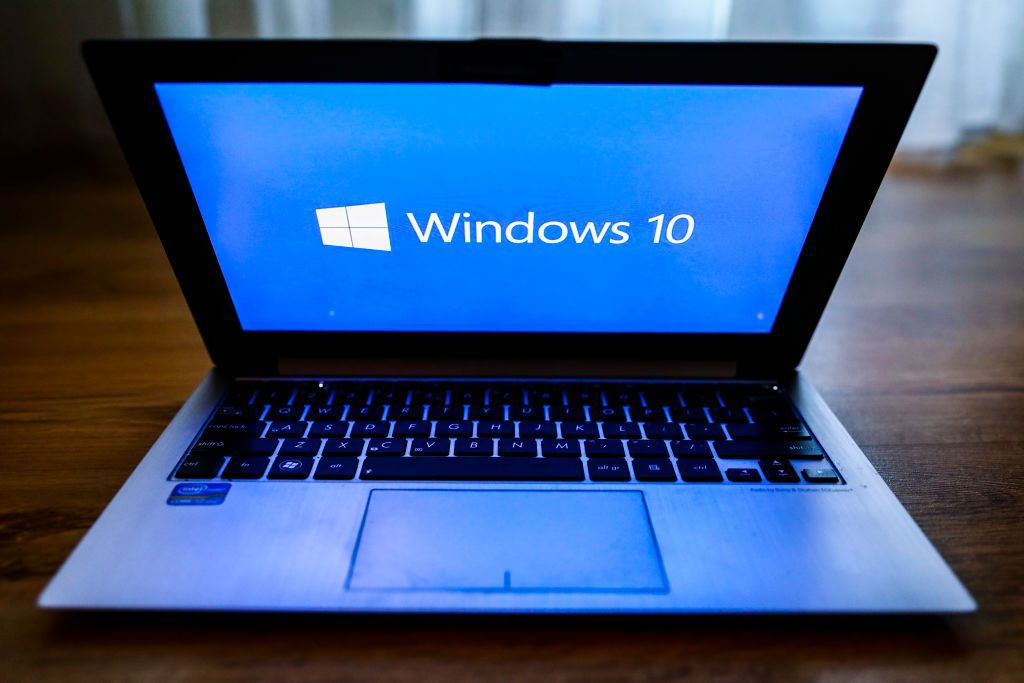



:quality(85):upscale()/2025/05/01/191/n/1922729/20bcf04b68143d70703707.24145878_.jpg)
:quality(85):upscale()/2025/05/07/735/n/1922153/ca032912681b8c961835a7.64198080_.jpg)
:quality(85):upscale()/2024/01/29/842/n/1922794/9c1c66a165b7f8a570d4e8.01935728_.png)
:quality(85):upscale()/2025/05/07/671/n/1922729/903cac54681b77078bcca2.80705265_.jpg)
